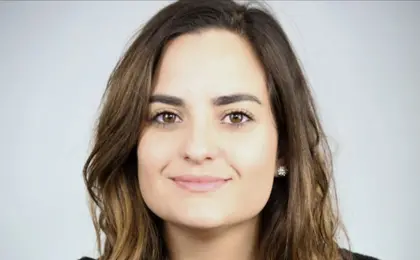Innovator’s Perspective
Part of the Yale SOM first-year core curriculum is the Innovator's Perspective, a course that I think is really unique and a critical part of our integrated management education. The class is not just about defining or solidifying “innovation” as the corporate Holy Grail but rather focuses on preparing students for the very real but also predictable roadblocks to innovating within organizations. It has by far been my favorite class at Yale. And, luckily enough, my summer internship has been like “Innovator” on steroids. I have spent the last twelve weeks (finishing up this Friday) at Innosight, the management consultancy co-founded by innovation strategist Mark Johnson and Harvard Business School Professor Clayton Christensen, whose concept of disruptive innovation fundamentally changed the way that I (and more importantly, companies) think about business problems. The Innovator’s Dilemma differentiated between sustaining innovations, or incremental improvements to existing technologies or systems, and disruptive innovations, which often create new markets and performance measurements. The theory explains how even the best-run companies have collapsed in the face of technologies and strategies that address consumer needs more cheaply, easily, or quickly than incumbents. That is kind of a mouthful—the basic idea is that companies innovate faster than customers’ lives change, so they end up generating goods and services that overshoot customer needs on traditional dimensions. This natural tendency (the result of good management habits) leaves wide open the opportunity for a disruptor to offer a simpler, more convenient or affordable alternative. At any rate, we work with some of the leading companies in the world and help them think about and implement new growth and innovation strategies. This is both really challenging…and fun! I have worked on two interesting projects in financial services. While I must refrain from too much detail for client confidentiality purposes (thanks for the legal tips, Professor Scott Morton), I will say that I have been pleasantly surprised by the proof that even the “good ole boys” finance industry can embrace and apply principles of innovation. Coming from a financial services background pre-Yale SOM, I think this lesson alone speaks for the experience of my internship. Our own Dick Foster presented the need for education in innovation in a very useful way for me: our whole lives, we are presented with problems and asked to find the one, right answer. The real world is a lot more ambiguous than that. It takes a different type of mental training (especially for MBAs) to figure out how to first ask the right questions. Think about it: how are you going to model a market that might not even exist yet? Exactly. What I really like about disruption is its inherent ability to create meaningful impact. In a lot of industries that we work in, particularly in emerging markets, Innosight creates access to goods and services that improve quality of life. In clean energy and environment—the areas that I want to help disrupt and innovate—business model innovation provides the vehicle to “work within the system,” which is very encouraging. This summer has also been a wonderful opportunity to live in Boston for the first time. Being the Southerner that I am, I found a delicious barbeque place and an outdoor bar that plays country music. Not going to lie though: this week’s GPSCY update email brought tears of joy to my eyes in anticipation of our return to New Haven. Only 27 days left! Watch a video about the Innovator Course:


